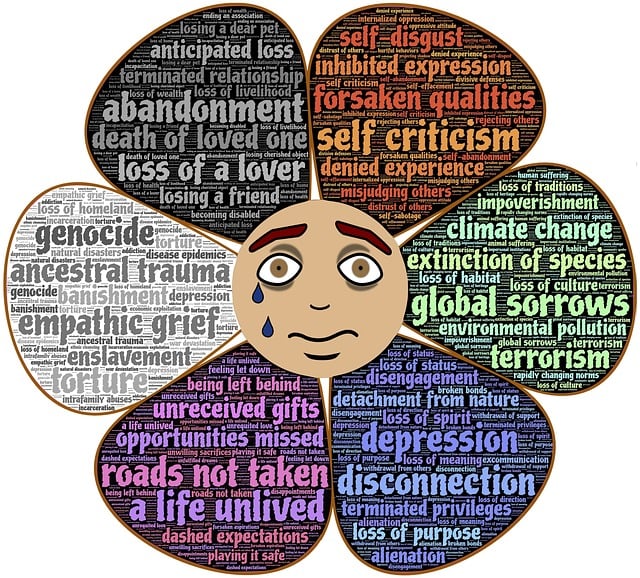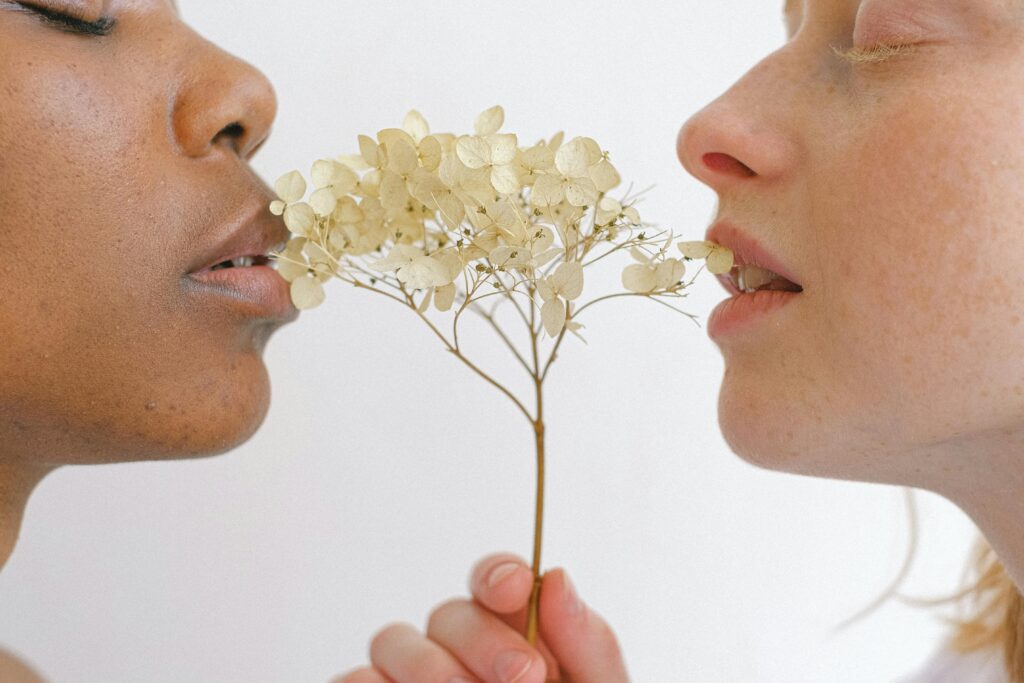Duties of a relationship

While the term “chores” typically refers to tasks related to household work, the duties in a relationship go beyond just completing daily chores. Relationship duties involve emotional, mental, and sometimes physical investments in each other’s well-being. Here are some key duties in a relationship:
1. Communication:
– Regular and open communication is vital for a healthy relationship.
– Sharing thoughts, feelings, and concerns helps build trust and understanding.
2. Support:
– Providing emotional support during both good and challenging times.
– Being there for each other’s dreams, goals, and aspirations.
3. Respect:
– Respecting each other’s boundaries, opinions, and individuality.
– Showing consideration for the other person’s feelings and needs.
4. Trust:
– Building and maintaining trust through honesty and transparency.
– Keeping commitments and being reliable.
5. Quality Time:
– Spending meaningful time together to strengthen the emotional bond.
– Engaging in activities that both partners enjoy.
6. Empathy:
– Understanding and empathizing with each other’s perspectives.
– Being sensitive to the other person’s emotions.
7. Compromise:
– Finding a middle ground in disagreements.
– Willingness to make concessions for the greater good of the relationship.
8. Appreciation:
– Expressing gratitude for each other’s efforts and contributions.
– Recognizing and acknowledging the positive aspects of the relationship.
9. Teamwork:
– Collaborating on shared goals and responsibilities.
– Supporting each other in the challenges that life presents.
10. Intimacy:
– Nurturing physical and emotional intimacy.
– Being attentive to each other’s needs and desires.
11. Self-Reflection:
– Taking the time to reflect on personal growth and its impact on the relationship.
– Being open to self-improvement for the benefit of the partnership.
12. Safety:
– Creating a safe and secure emotional environment where both partners feel comfortable being vulnerable.
– Prioritizing emotional and physical safety by avoiding behaviours that can cause harm or distress.
– Establishing trust and reliability to ensure a sense of security within the relationship.
13. Kindness:
– Practicing kindness and compassion in everyday interactions.
– Showing appreciation and affection through kind words and gestures.
– Be considerate of each other’s feelings and treat each other respectfully.
Remember, these duties contribute to a strong foundation for a lasting and fulfilling relationship. Both partners need to participate in these aspects to nurture a healthy connection actively.






Responses